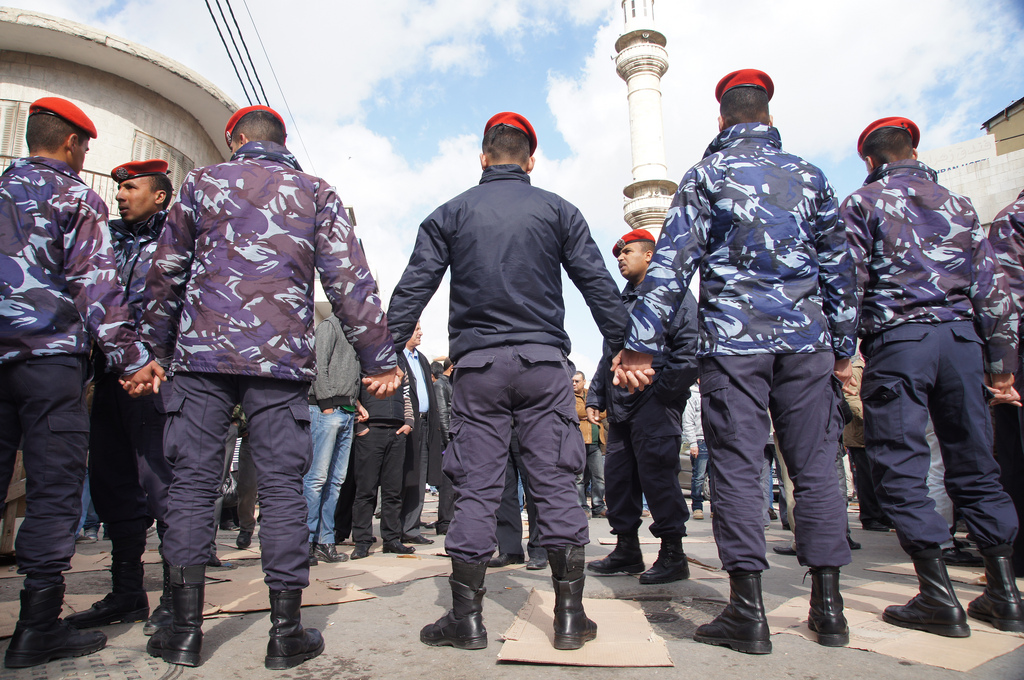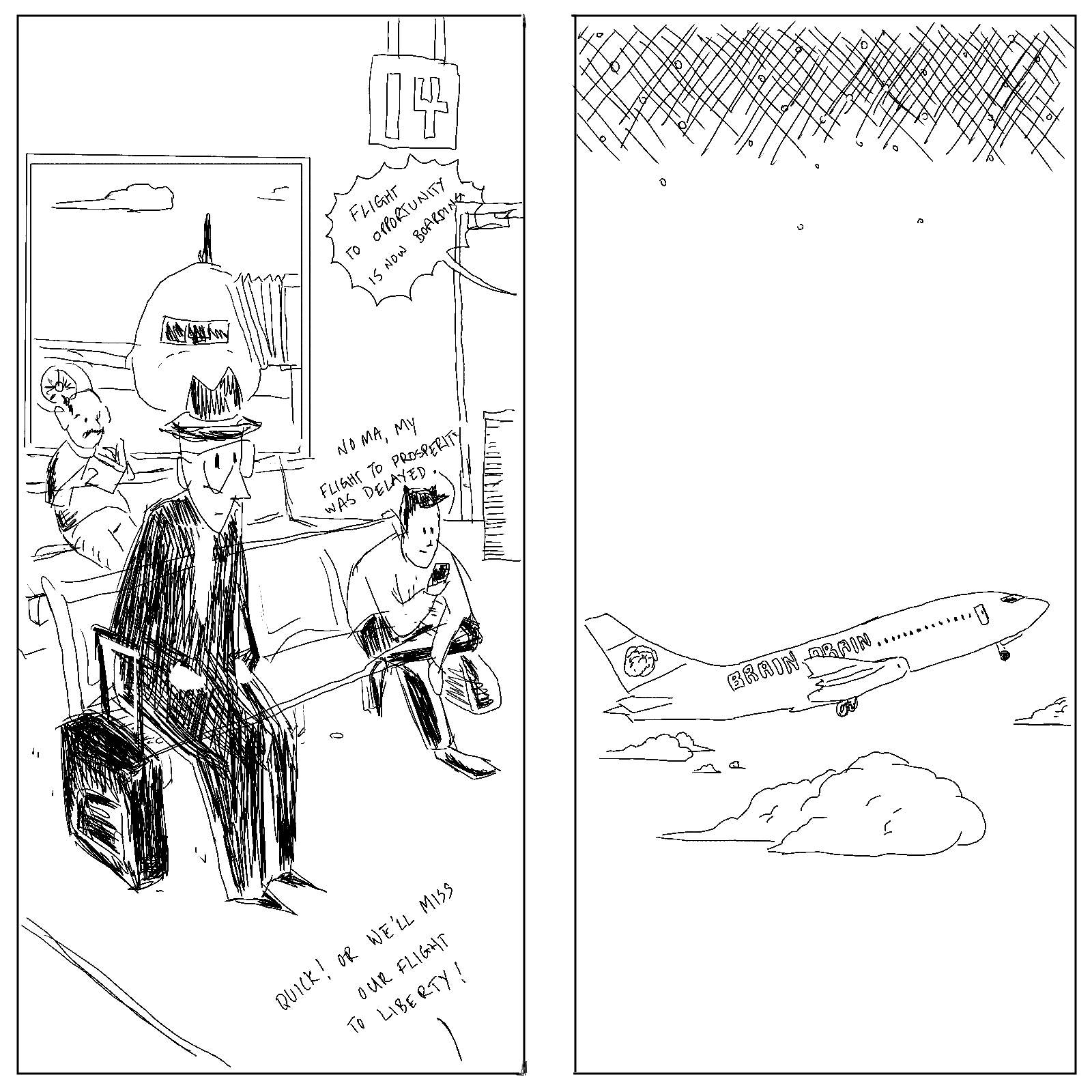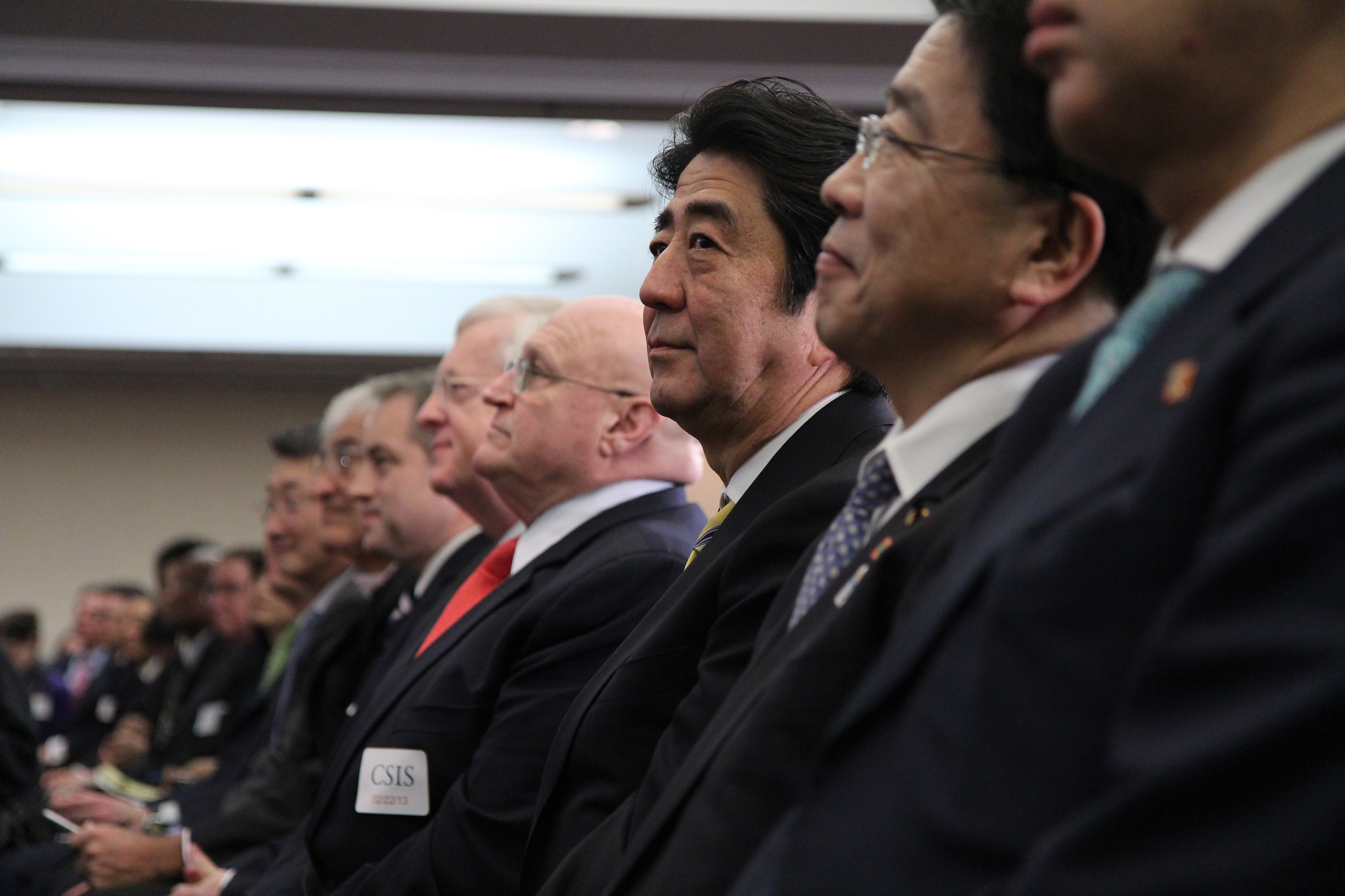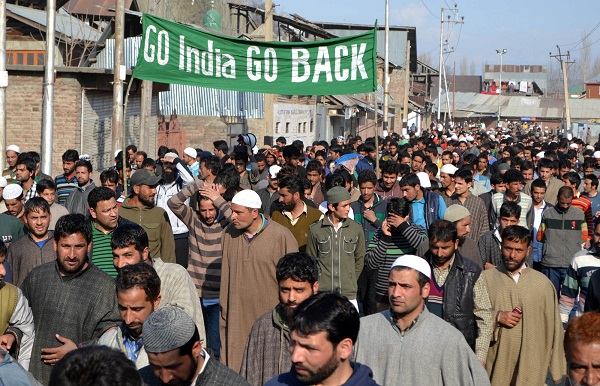
Colombia-FARC Peace Process
The Fuerzas Armadas Revolucionarias de Colombia, better known as the FARC, began as a resistance movement among impoverished farmers in rural Colombia during the 1920’s and 1930’s. The movement started peacefully as a way to protest a lack of government intervention in peasant hardships, but when the government failed to intervene. The FARC became more […]

Seasons of the Arab Spring: A Review
On Thursday, January 22, the International Affairs Department hosted a panel discussion, “Seasons of the Arab Spring.” Contributors included Northeastern professors, Denis Sullivan, Valentine Moghadam, and Berna Turam. Visiting scholars Dr. Emily Curry and Shamiran Mako also participated in the panel. The discussion focused on five countries and their involvement in the Arab Spring: Egypt, […]

Bosnia Through Illustration: Politics, the Economy and Education
[slideshow_deploy id=’3256′]

Scotland’s Vote Against Independence Will Still Bring Massive Change to the U.K
The month leading up to the Scottish referendum was fraught with anxiety for those who wished to keep the United Kingdom whole. Fear over the campaign for independence succeeding in its goal, is likely the reason that, two days before the referendum, the leaders of the three biggest political parties in England signed a vow […]

One Protest, Two Perspectives
One-nation, two-systems: the political reintegration of Hong Kong into China after a century of being a British colony has recently proved problematic, as the people of Hong Kong have taken to the streets to demand further democratic development. The 1997 Agreement placed the former British colony in a semi-autonomous position, where basic civil and political […]

The Japan Conference, Revisionist History, and East Asian Politics
On September 3rd Japanese Prime Minister Shinzo Abe reshuffled his cabinet, a common political action in Japan, often used as a way of maintaining support. The new cabinet included five women, which was widely considered a nod to female voters and a move to make politics more inclusive in a country with very few women […]

Cuban Privatization: The Newest Victim of a Failed Embargo
The birth of Communist Cuba at the height of the Cold War presented a perceived immediate and dire threat to the United States. In response, President Kennedy authorized a handful of covert CIA operations to overthrow Cuba’s leader, Fidel Castro. All of these attempts failed, culminating with the disastrous Bay of Pigs Invasion. In October […]

The Cost of Asylum: The Syrian Refugee’s Plight in Germany
Germany faces a uniquely delicate situation due to a recent influx of refugees. Since 2011, Syria has been immersed in a civil war that has rivaled any in recent years, with up to 200,000 people dead and at least 4.5 million internally displaced.[1] The crisis has forced millions from their homeland, which has created an […]

Setting Alight the Molotov Cocktail: The Kashmir Question
“It is an irony of history that by a combination of fortuitous circumstances a tiny nation of Kashmiris has been placed in a position of great importance, where it can be instrumental in making or marring the future of so many.” – Prem Nath Bazaz (1967) Hindustan’s partition into Pakistan and India precipitated problems and […]

Reviving a Power in East Asia: Japanese Remilitarization
President Obama’s plan to “pivot to Asia” seems to have been put on hold. The idea to increase U.S. military presence in Asia was prompted by the economic and military rise of China, the nuclear threat in North Korea and a rocky relationship with Russia. However, global crises like the rise of ISIS have brought […]
